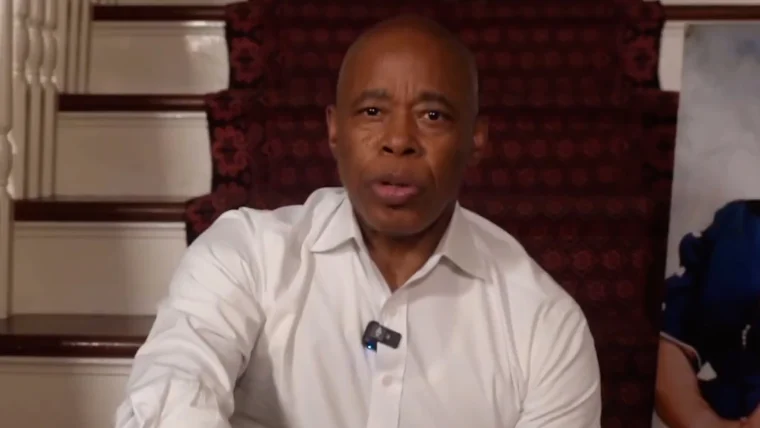With the announcement of the no indictment in the killing of unarmed teenager Michael Brown, there hasn’t been a shortage of commentary on the situation on social media. But as people from all over the country and world speak their opinion, some may find that speaking insensitively on the case will lead to severe consequences. With several cases coming to light of Internet users being “doxxed,” or having their personal information released and then used against them, it may be that using racial slurs and offensive language online will quickly become a thing of the past.
The idea of doxxing has quickly spread, becoming a popular way to stop those who speak offensively or express unpopular opinions and punish them. It’s a form of social justice work, which has come to affect many people as it is the practice of obtaining and revealing personally identifying information-such as names, addresses, places of employment, relatives- of people who use the Internet, typically in a highly public manner as a call to arms against the target. Doxxing cases include users being fired from their jobs after their bosses were made aware of their comments, to death threats being made to them.
Though doxxing has been around for many years, it rose in popularity during the #gamergate debate, when people from both sides of the argument began placing other people’s information on the Internet. The original intent was just to let those whose information had been released to know that if they continued doing whatever it was they were doing, they would face serious consequences. In light of recent events, such as the Ferguson protests, vigilantes have gone out of their way to find those who post racist comments and doxx them, releasing addresses, work places, credit card numbers and even social security numbers into public websites.
One of the most recent cases of doxing has been the case of Tumblr user “communismkills” who was targeted after posting racist remarks. Since being targeted, “communismkills” has stated that she has had her “private, unlisted number…given to a Tumblr user by a man who thought he was entitled to sex with [her] and has a vendetta against [her] for not having sex with him.” Not only that, but she has confirmed that since she posted her comments, her mother’s home address and work information have been leaked, with threats to get her mother fired, raped, have her house burned down, or killed.
There is a lot of debate over the ethics behind a movement like this. Though many people believe it is one way to deal out justice, others do not believe such extreme measures need to be taken. Sophomore Brittany Ziarko believes that this way to take justice is not the proper way because, “Overall, I think it’s wrong. I think what people’s thoughts are in regards to issues like Ferguson are very ignorant but I think it’s just as ignorant to put out their information.”
Groups such as Anonymous have taken to doxxing others before and recently did so again by releasing information of the leader of the Loyal White Knights of the KKK and his wife. It is examples like these that have led to an increase in doxxing, especially when anyone’s information is potentially available with just the click of a few buttons and a quick Google search.
Though there are many people who believe this is a fair way to balance out the commentary on the Internet, some people have gotten doxxed perhaps unfairly, as people post the target’s information to get revenge on them. One of the most recent cases has been that of Brianna Rivera, a young woman who was targeted by her ex-boyfriend after he made a profile on Facebook as her, posted racist comments and then screen captured them. His goal was to set these out on the Internet along with her personal information in hopes of getting her kicked out of school and fired from her job. While he was caught in the act and people began to quickly spread the truth via social media, there were still some consequences as her school and job continued to receive calls with false information.
Doxxing seems to be an expanding practice that will continue to gain popularity as the Internet grows and gives easier access to previously private information. But while many observers appreciate the sense of justice that doxxing may bring in a seemingless justice-less situation, there are clearly pitfalls to this form of vigilante justice.
Categories:
As justice system fails, Internet users go rogue
January 12, 2015
0
More to Discover





